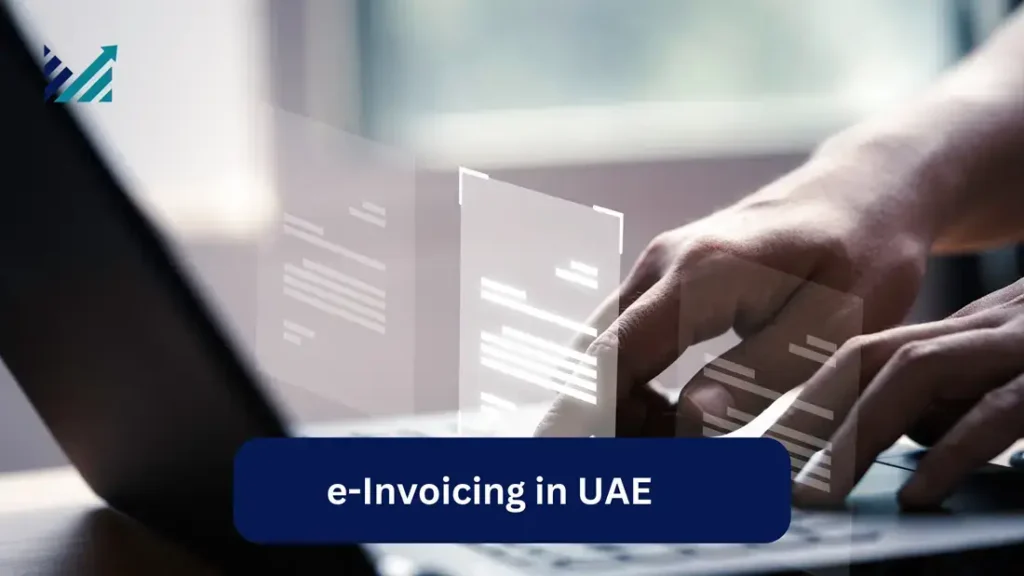
The United Arab Emirates (UAE) is embarking on a transformative journey with the launch of its federal e-invoicing framework, officially titled the E-Billing System. Spearheaded by the Ministry of Finance (MoF) and the Federal Tax Authority (FTA), this digital transition is poised to revolutionize the way businesses issue, receive, and store tax invoices. Scheduled for phased implementation starting mid-2026, e-invoicing in UAE aims to bring automation, transparency, and efficiency to VAT compliance in the UAE.
Objectives and Key Benefits of the E-Invoicing System
The primary goals of the UAE’s e-invoicing initiative include:
- Digitalizing tax compliance across all sectors.
- Increasing tax transparency to reduce VAT fraud and evasion.
- Enhancing operational efficiency for both businesses and tax authorities.
- Reducing administrative costs through automation.
- Facilitating faster payments by streamlining invoice verification.
- Ensuring global compatibility by adopting international standards (e.g., Peppol).
- Contributing to sustainability by minimizing paper usage.
- Enabling data-driven insights for policy-making and compliance monitoring.
What is e-Invoicing?
E-invoicing refers to the structured, electronic generation and exchange of invoices between suppliers and buyers. Unlike traditional invoices in PDF or paper formats, e-invoices are issued, transmitted, and processed in machine-readable formats such as XML, allowing real-time validation, storage, and tax reporting.
How It Works: The UAE E-Invoicing System
The UAE will implement a decentralized Continuous Transaction Control (CTC) model based on the Peppol 5-corner architecture. Here’s how it functions:
- Invoice Creation: Seller generates invoice data.
- Service Provider Role: The Accredited Service Provider (ASP) transforms the data into the standard UAE e-invoice format.
- Invoice Transmission: The ASP transmits the invoice to the buyer’s ASP and simultaneously sends tax data to the FTA’s central platform.
- Data Validation & Storage: Invoices are validated and stored electronically; notification of receipt is issued by the FTA.
All participants must utilize certified Peppol Access Points, ensuring standardized invoice flow across systems.
Who Is in Scope and What Transactions Are Covered?
The e-invoicing mandate will apply to all UAE VAT-registered businesses, with the initial focus on:
- Business-to-Business (B2B)
- Business-to-Government (B2G)
Eventually, the system may extend to Business-to-Consumer (B2C) transactions. Notably, each member of a VAT group must individually connect with an ASP, even if they share a Tax Registration Number (TRN).
Timeline: Phased Launch Plan for E-Invoicing in UAE
The government has outlined a structured, multi-phase approach:
- Q4 2024: Draft technical requirements, ASP certification process begins, data dictionary development.
- Feb 2025: Public consultation on the data dictionary.
- Q2 2025: Service provider guidelines and draft e-invoicing legislation released.
- Dec 2025: Official rollout plan to be published.
- Early 2026: Pilot testing phase begins.
- July 2026: Phase 1 Go-Live for large corporations.
- Beyond 2026: Gradual inclusion of SMEs and other taxpayers.
Preparing for E-Invoicing in the UAE: Key VAT Law Amendments
To support the rollout, the UAE has amended its legal framework:
- Federal Decree-Law No. 16 of 2024 updates the VAT Law to legitimize e-invoices.
- Federal Decree-Law No. 17 of 2024 amends tax procedures related to e-invoicing.
These amendments provide the legal basis for e-invoices to be used for input tax recovery, making digital documents legally valid.
What Businesses Must Do to Prepare
Transitioning to e-invoicing requires significant organizational and technical readiness:
- Conduct a gap analysis between current and required systems.
- Upgrade ERP systems to handle XML-based invoice generation.
- Choose or become an Accredited Service Provider (ASP).
- Train staff across departments (Finance, IT, Tax, Operations).
- Form cross-functional teams to oversee the rollout and ensure coordination.
Multinational enterprises must ensure alignment between global ERP systems and UAE-specific compliance. SMEs may face early challenges but will benefit in the long term from automation and improved cash flow visibility.
Global Context and Regional Relevance
Countries like Italy and Mexico have already witnessed significant improvements in tax compliance through e-invoicing. Closer to home, Saudi Arabia saw widespread acceptance and benefits post-implementation. The UAE is well-positioned to build on these learnings and develop a best-in-class digital invoicing infrastructure tailored to its economic and regulatory context.
Also Read: Accepted Transfer Pricing Methods in the UAE
FAQs
Q1: What is the new e-invoice rule in the UAE?
Starting July 2026, certain businesses will be mandated to issue and receive invoices electronically through the accredited e-invoicing system.
Q2: Who needs an e-invoice?
Initially, large VAT-registered businesses. Over time, all businesses that issue tax invoices under UAE VAT Law will be included.
Q3: What are the requirements for an e-invoice?
Invoices must be in machine-readable XML format, follow UAE Peppol standards, and be transmitted via an Accredited Service Provider. An electronic signature is mandatory.
Q4: Can I issue an invoice without VAT in the UAE?
Yes, if the transaction is outside the scope of VAT. However, even such invoices may need to comply with e-invoicing standards if they fall under the system’s scope.
Conclusion
The E-Billing System marks a critical evolution in the UAE’s tax compliance landscape. As the transition from traditional invoicing to e-invoicing becomes inevitable, businesses must act now to ensure compliance and operational readiness. With thoughtful planning, system upgrades, and stakeholder engagement, companies can turn this regulatory shift into an opportunity for growth, transparency, and efficiency.

